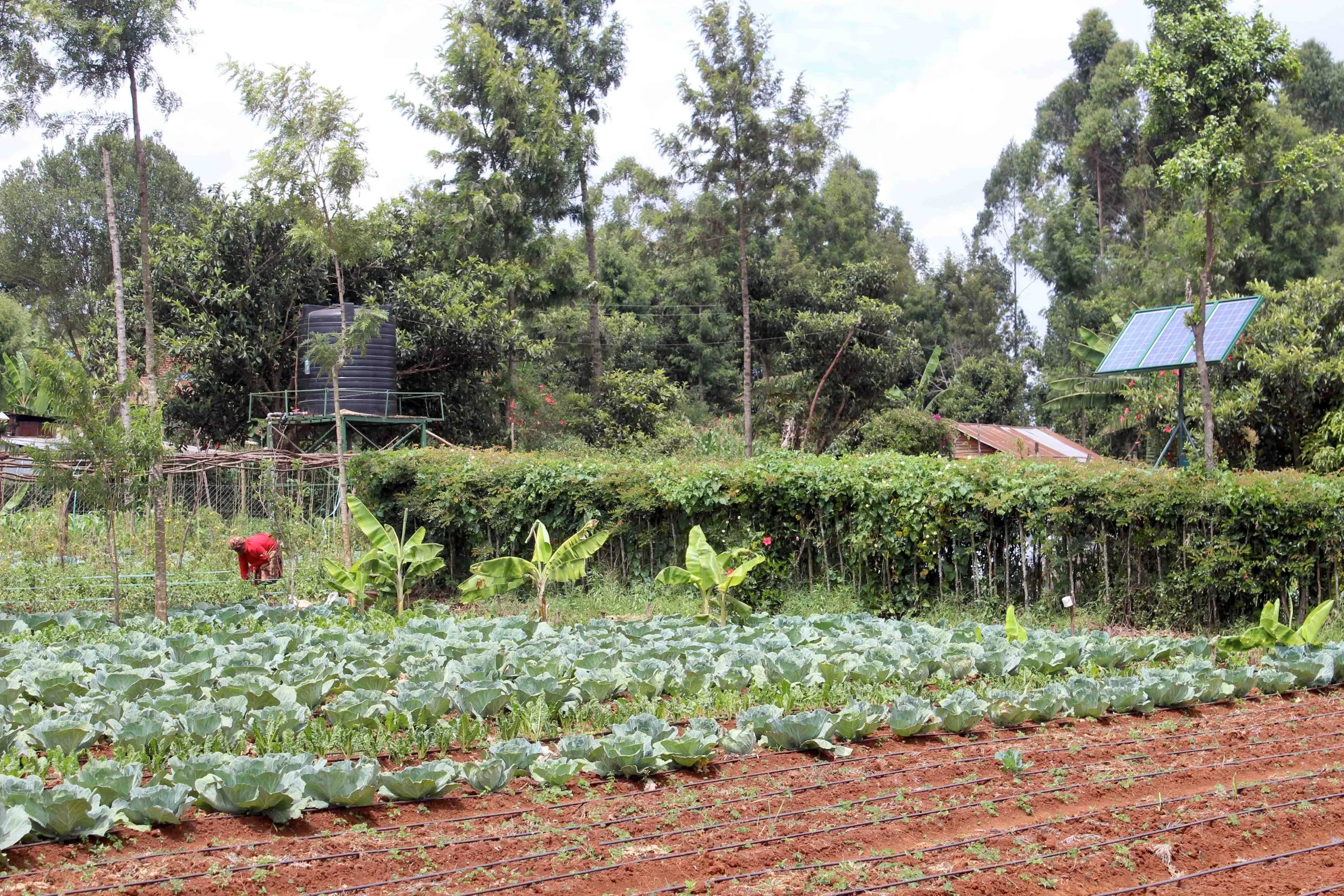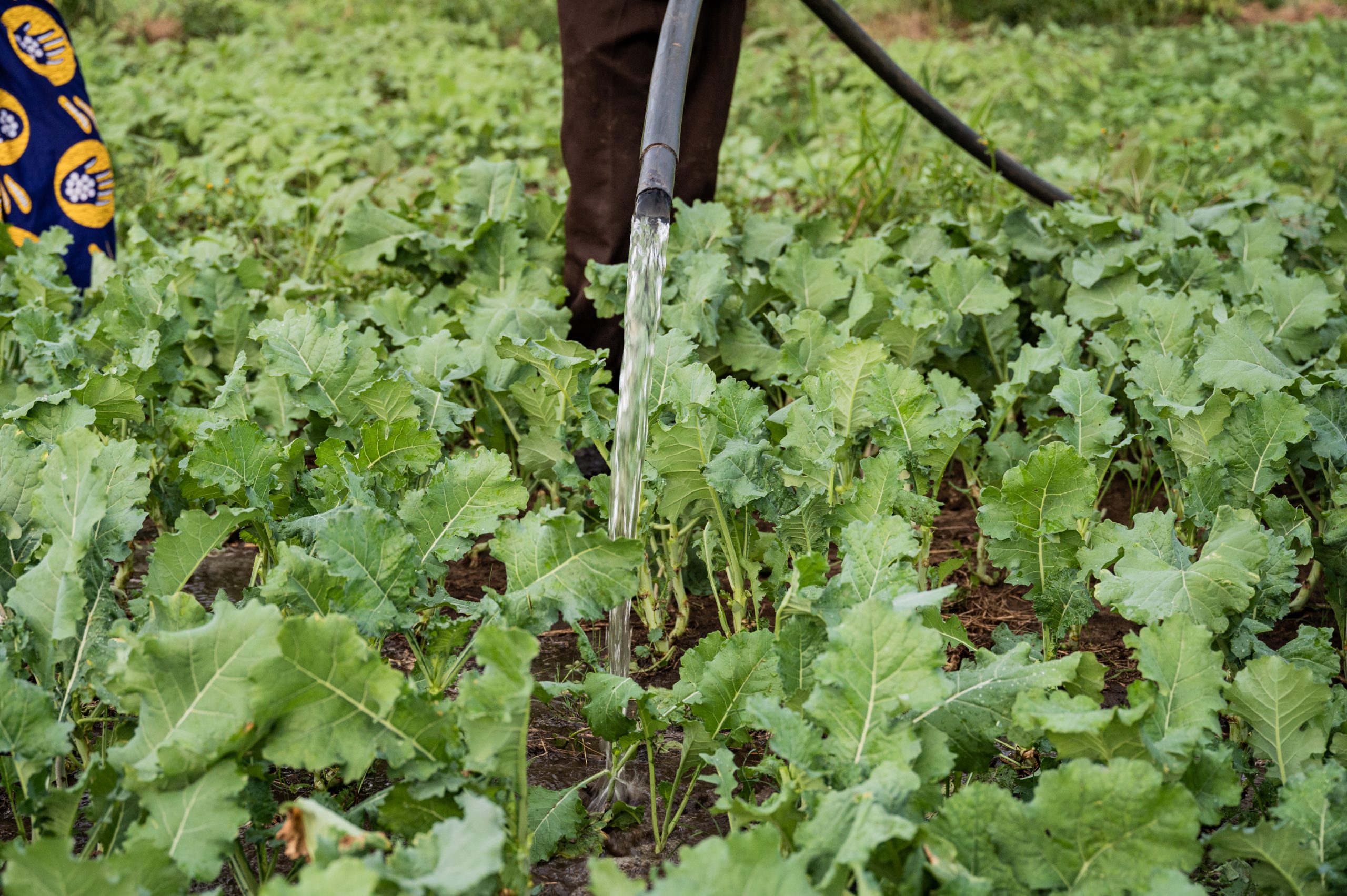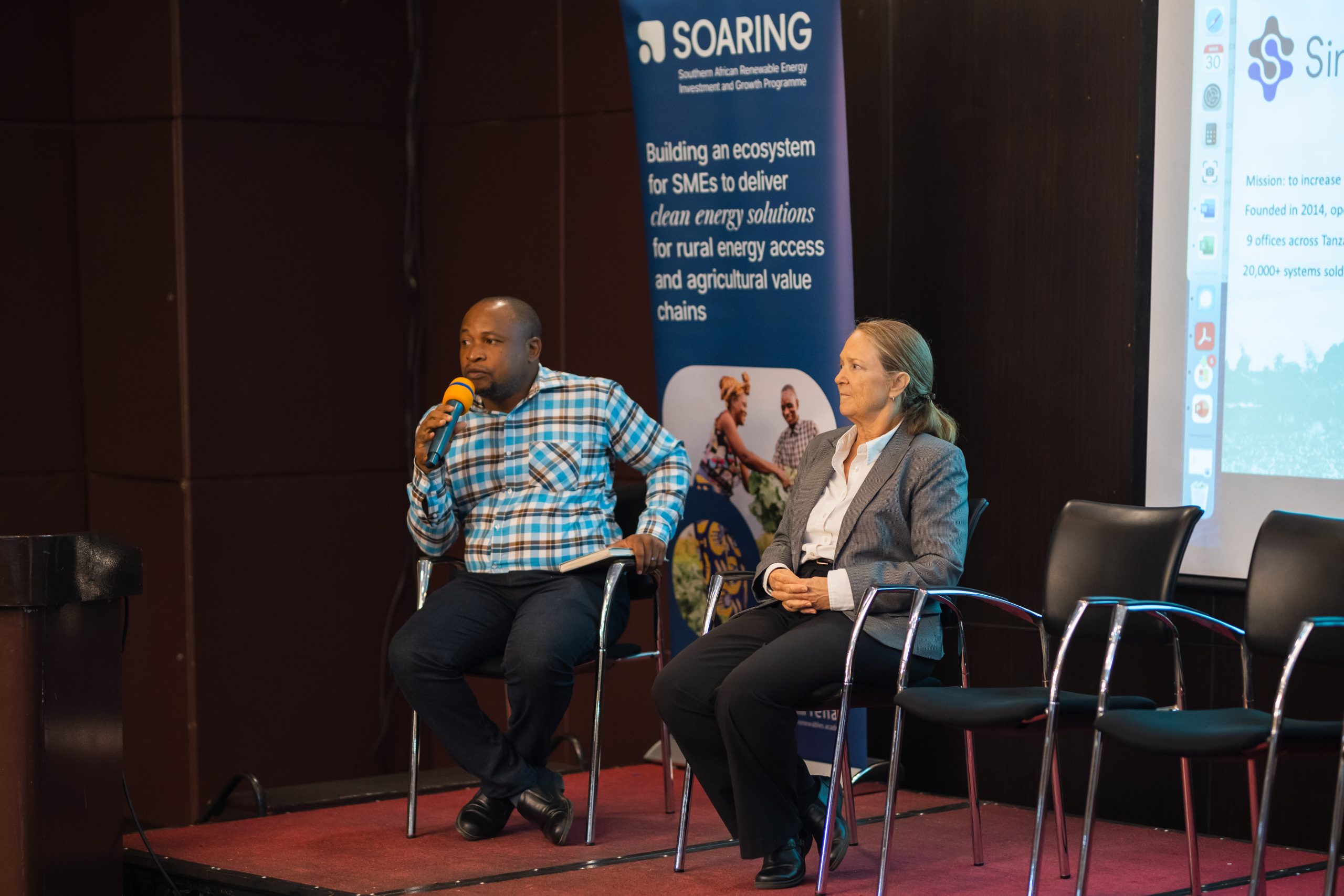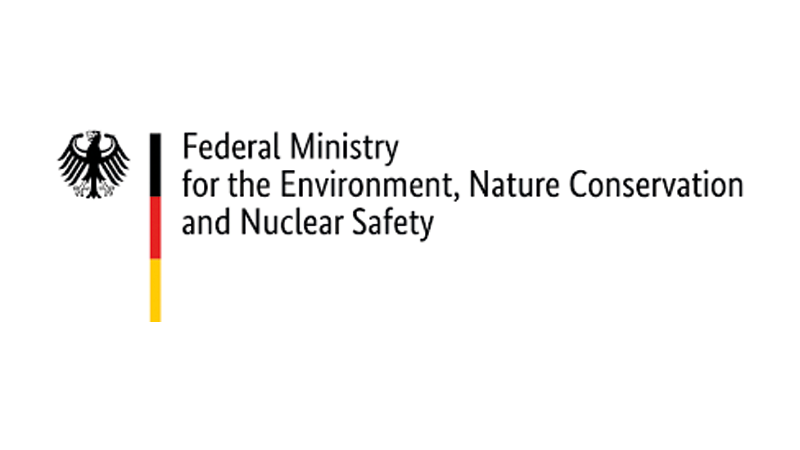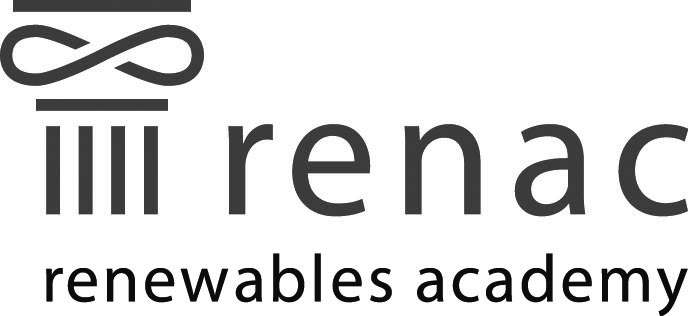To overcome these market barriers, REEEP, in partnership with RENAC, is implementing the Southern African Renewable Energy Investment and Growth Programme (SOARING) programme, which is taking a prototype approach to enable SMEs working with clean energy and productive use technologies leveraging renewable energies to access finance from the local financial sector.
Market scoping studies were completed in 2020 in Namibia, Tanzania and Zambia, which confirmed that while the combined financing requirements of Southern African SMEs are huge, their individual asks are far too small for existing climate finance instruments and for most investors that require large ticket sizes. At the same time, SOARING identified existing concessional credit lines earmarked to energy access that have been untapped by local financial institutions for years.
The conclusion of the market scoping exercise also indicated that there was an opportunity to (i) focus the programme on Zambia and Tanzania, mainly due to the size of the markets and the absence of suitable local finance to the target sector, and (ii) use blended finance instruments and green finance tools to unlock local currency financing to the sector via the existing infrastructure of national development banks and local financial institutions (participating LFIs), which provide the required penetration and capillarity to reach green SMEs and their end customers.
The SOARING programme is taking an ecosystem approach and is focusing on Tanzania and Zambia. The main pillars of SOARING consist of the following activities and interventions:
- Credit Enhancement Facility to de-risk “First mover” Financial Institutions and enable Project Developers to meet over-collateralization requirements.
- Climate Finance Capacity Building to improve renewable energy sector knowledge of financial institution’ stakeholders and to co-design risk assessment methodologies and market-fit financial solutions.
- Pipeline Origination and Development to match demand of renewable energy SMEs with supply of climate funds from local financial institutions.
- Platforms for Market Change for institutionalized stakeholder engagement on renewable energy finance.
With SOARING, REEEP and its partners are simultaneously supporting (a) SMEs to provide clean energy solutions in rural areas and for agricultural value chains, (b) countries to advance the NDC targets by displacing fossil fuels, and (c) rural communities through improved resilience with access to clean and reliable energy.
The learnings from this pilot will be published under a ‘Renewable Energy Financing Pathway’ report, which will facilitate replication of the programmes’ achievements in other sectors and countries.
